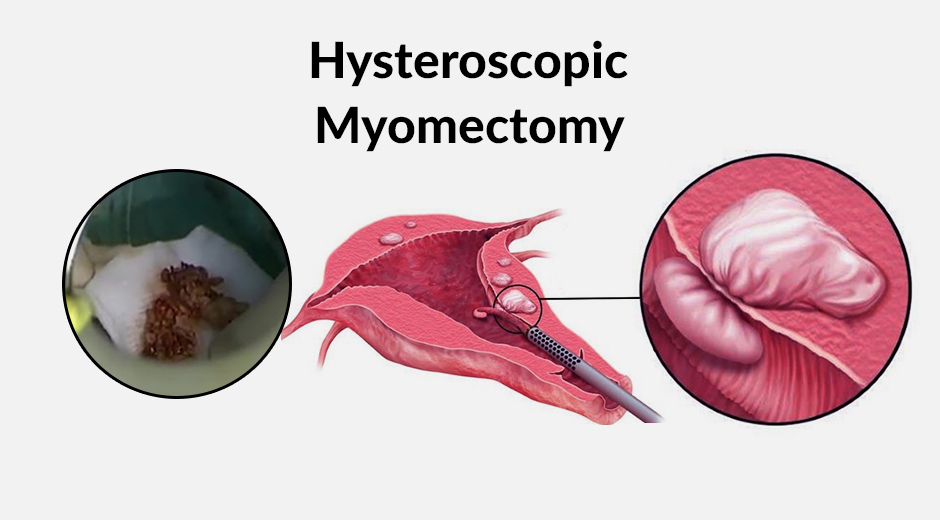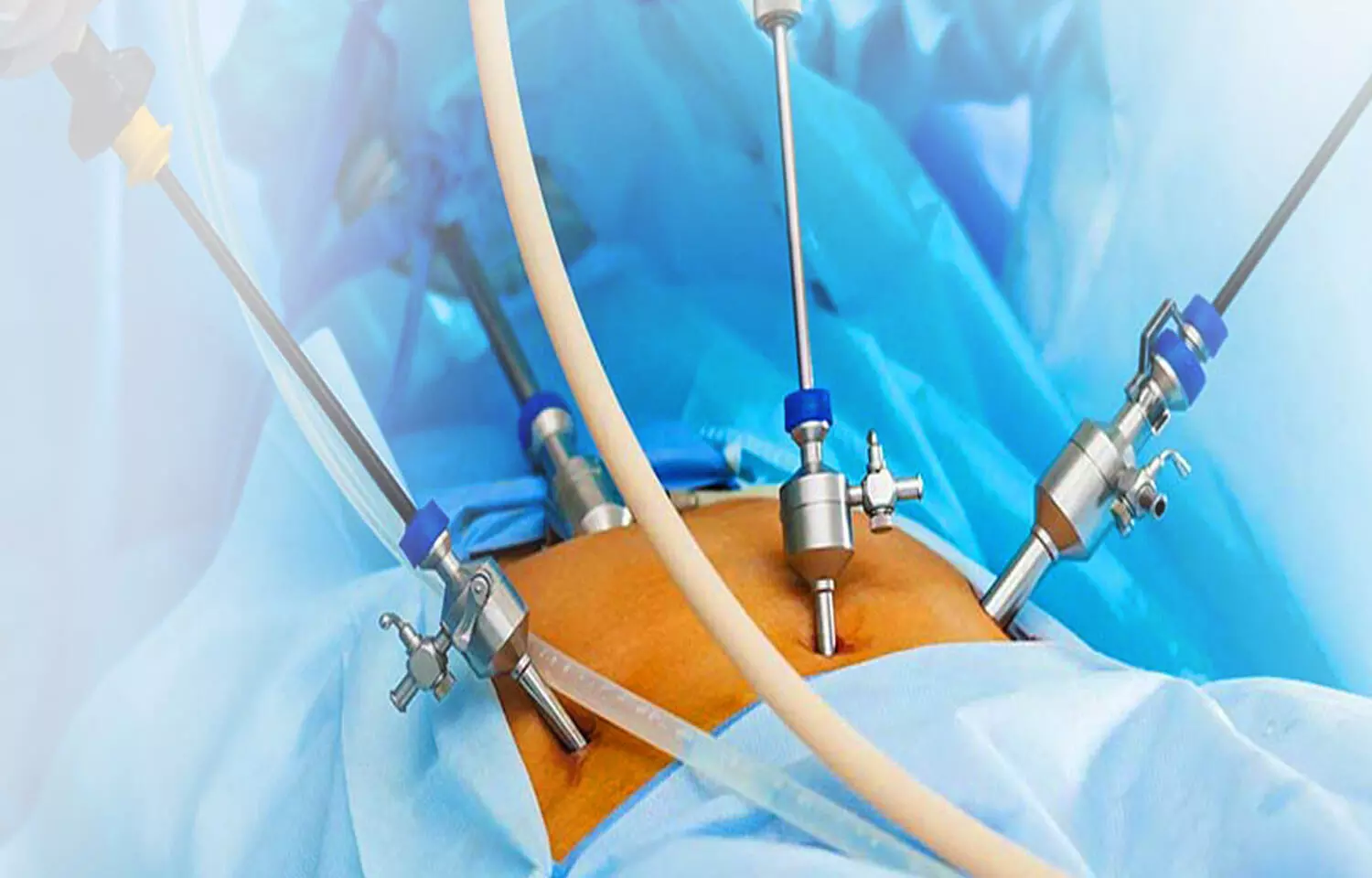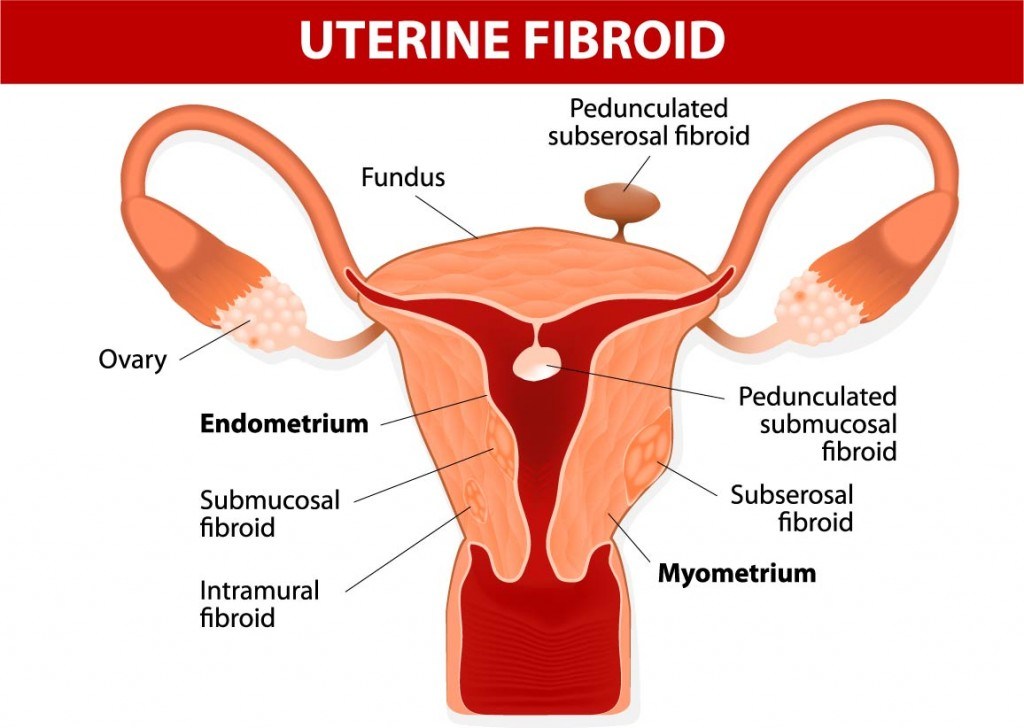Endometriosis can cause a variety of symptoms, and the severity of symptoms can vary among individuals. Common symptoms of endometriosis include:
- Pelvic Pain: Chronic pelvic pain is a hallmark symptom of endometriosis. The pain may be constant or cyclical and often intensifies during menstruation.
- Dysmenorrhea (Painful Menstruation): Women with endometriosis frequently experience more severe menstrual cramps (dysmenorrhea) than usual. The pain may begin before menstruation and persist for several days.
- Painful Intercourse (Dyspareunia): Endometriosis can cause pain during or after sexual intercourse, which may be deep or localized to specific areas.
- Painful Bowel Movements or Urination: Some women with endometriosis may experience pain during bowel movements or urination, especially during menstruation.
- Heavy Menstrual Bleeding: Endometriosis can be associated with heavy menstrual bleeding, leading to prolonged periods or the need for frequent changes of sanitary products.
- Fatigue: Chronic pain and the physical toll of endometriosis can contribute to fatigue and a sense of low energy.
- Infertility: Endometriosis is a common cause of infertility. The condition can affect the function of the reproductive organs and the quality of eggs.
- Gastrointestinal Symptoms: Some women may experience gastrointestinal symptoms such as bloating, constipation, or diarrhea, especially around the time of menstruation.
- Back Pain: Pain in the lower back is another possible symptom of endometriosis, particularly if the tissue growth affects nerves in the pelvic region.
- Painful Ovulation: Some women with endometriosis may experience pain during ovulation, known as mittelschmerz.
- Painful Pelvic Exams: Pelvic examinations may be more painful for women with endometriosis, especially if pressure is applied to areas where endometrial tissue is present.
It’s important to note that the severity of symptoms does not always correlate with the extent of endometrial tissue growth. Some individuals with minimal endometriosis may experience severe symptoms, while others with extensive endometriosis may have minimal or no symptoms.
If you suspect you have endometriosis or are experiencing symptoms, it is recommended to consult with a healthcare provider for a thorough evaluation.
Early diagnosis and appropriate management can help alleviate symptoms and improve overall quality of life.Elevate your reproductive health with the care of the best Indian Gynaecologist in Dubai—Dr. Neha Lalla.



